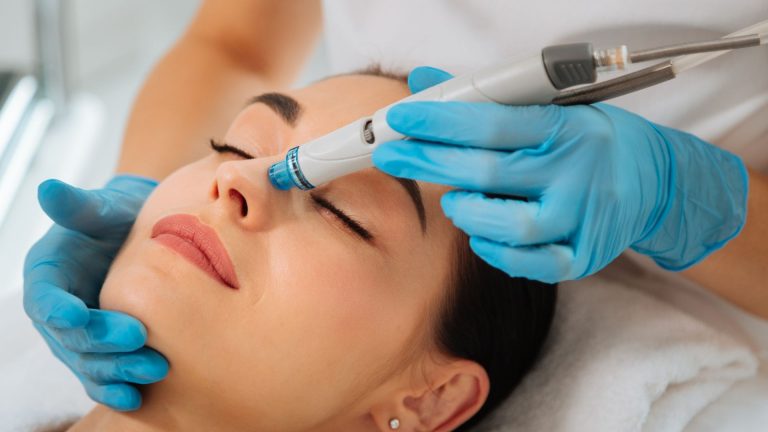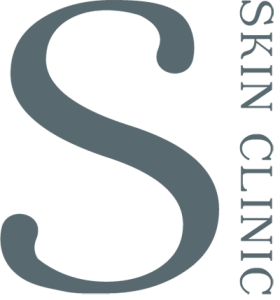HydraFacial treatment has garnered popularity for its promise to rejuvenate the skin and enhance overall appearance. However, a meticulous examination of scientific literature reveals a conspicuous absence of robust evidence supporting its proclaimed efficacy in skin rejuvenation. We dive into pivotal studies, bringing to light concerns raised by dermatologists and offering guidance to consumers contemplating HydraFacial treatments. As the allure of this skincare procedure persists, a call for discernment echoes, emphasizing the importance of scrutinizing available data. Informed decision-making is championed, urging individuals to navigate the skincare landscape with a critical eye, ensuring that choices align with reliable information for the pursuit of optimal and genuinely effective skincare outcomes.
The Scientific Landscape
A pivotal 2021 study published in Dermatology and Therapy conducted a comprehensive review of existing literature on HydraFacial, uncovering a limited body of evidence supporting its effectiveness in skin rejuvenation. The study’s authors concluded that more robust and well-designed clinical trials are imperative to ascertain the long-term safety and efficacy of HydraFacial. This observation sheds light on the need for a more evidence-based approach to evaluating the purported benefits of this popular cosmetic procedure.
In a separate investigation published in Skin Therapy Letter in 2019, researchers explored the impact of HydraFacial on fine lines and wrinkles. While the results suggested a reduction in these signs of aging, the statistical significance of the findings was questioned. The study’s small sample size further underscored the need for additional research to validate and build upon these preliminary outcomes.
Concerns Voiced by Dermatologists
Beyond the lack of scientific evidence, dermatologists have expressed reservations about the potential downsides associated with HydraFacial. Some experts caution that the procedure might be overly abrasive for certain individuals, potentially leading to irritation and inflammation. The concern is not only about the mechanical aspects of the treatment but also the ingredients used in HydraFacial products.
Glycolic acid and salicylic acid, both commonly found in HydraFacial formulations, have raised red flags due to their potential to cause irritation, particularly in individuals with sensitive skin. This prompts an essential consideration for consumers, as the use of such ingredients may counteract the intended rejuvenating effects, leading to adverse reactions rather than the desired outcomes.
Implications for Consumers
Given the lack of substantial scientific backing, consumers contemplating HydraFacial treatments should approach the procedure with a discerning eye. It is crucial to engage in informed discussions with dermatologists to thoroughly understand the potential risks and benefits associated with the treatment. Additionally, consumers should be aware that HydraFacial is considered a cosmetic procedure and is not covered by insurance, adding a financial dimension to the decision-making process.
Practical Tips for Consumers
For those considering HydraFacial, here are some practical tips:
- Consult with Your Dermatologist: Engage in a comprehensive discussion with your dermatologist regarding the potential risks and benefits of HydraFacial.
- Acknowledge the Lack of Scientific Evidence: Recognize the dearth of scientific evidence supporting HydraFacial’s efficacy in skin rejuvenation.
- Explore Alternatives: Inquire about alternative treatments for skin rejuvenation, such as chemical peels, laser skin resurfacing, and microneedling.
- Choose a Reputable Professional: Opt for a dermatologist or aesthetician with a reputable track record and extensive experience in performing HydraFacial treatments.
- Adhere to Pre- and Post-Treatment Care: Strictly follow your dermatologist’s instructions for pre- and post-treatment care to maximize the potential benefits and minimize risks.
Conclusion
HydraFacial’s popularity as a skin rejuvenation treatment is undeniable, but a critical examination of the scientific literature reveals a lack of robust evidence supporting its efficacy. Consumers must be aware of this gap in knowledge and approach HydraFacial treatments with caution. Engaging in open discussions with dermatologists, exploring alternative options, and understanding the potential risks are crucial steps for making informed decisions in the pursuit of healthier, more radiant skin. As the skincare landscape evolves, a commitment to evidence-based practices remains paramount for both professionals and consumers alike.



